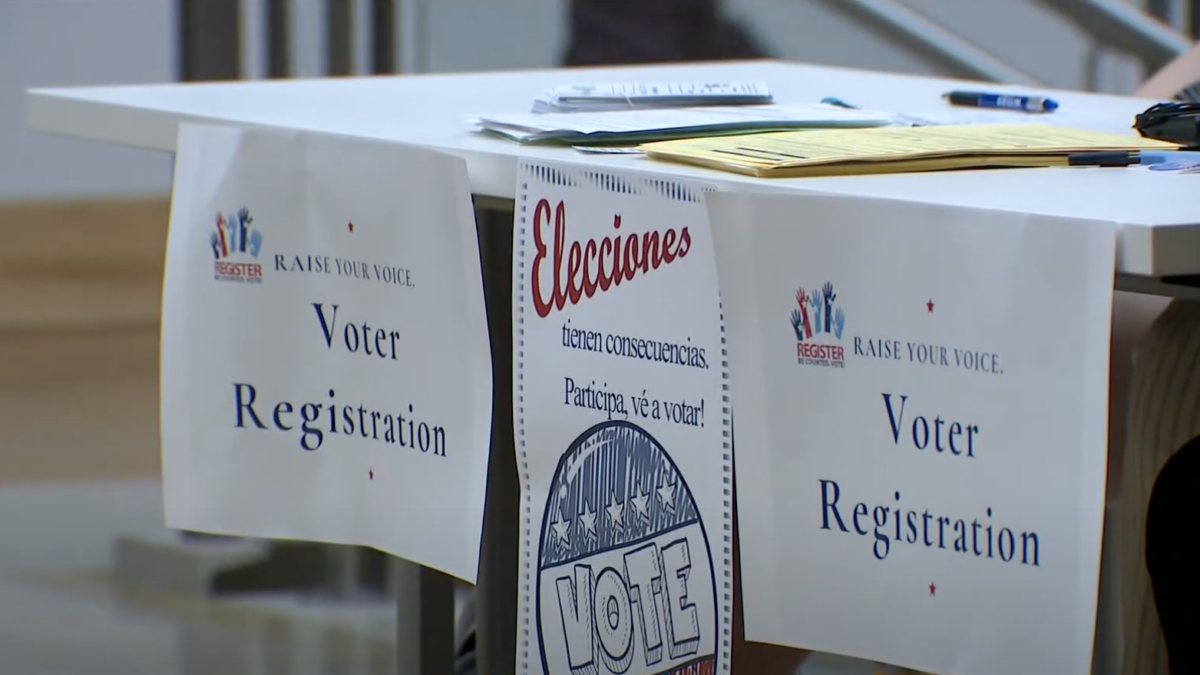
Last week Donald Trump posthumously pardoned legendary boxer Jack Johnson, the first black heavyweight champion. Some viewed it as a correction to a long injustice that this president, unlike his predecessors, had the courage to affect. Others saw it as a cynical move meant to appeal to black voters without doing anything to help black people who are, well, alive. But the pardon points to an issue that Trump can and should tackle: criminal justice reform.
There has already been a start in this area. The odd couple of Jared Kushner and Van Jones have helped push a criminal justice reform bill through the House of Representatives. The bill is modest in its scope, but highlights a bipartisan commitment to solve the problems in the system. The pardon power gives Trump another powerful tool to help in this reform. A good place to start would be a pardon or commutation of sentence for Matthew Charles.
In 2016 Charles was released from prison after serving 21 of 35 years on a drug-dealing conviction. The release was a result of a federal program meant to cut prison time for non-violent offenders who were rehabilitated in prison. The government appealed his release on a technicality and an upper court agreed, so now Charles is heading back to jail.
Since his release Charles has been a fully employed, church-going member of his community who volunteers and is in a serious romantic relationship. Now he’s losing not only his reprieve, but also the new life he has built.
Legally, it may very well be that the courts made the right decision in revoking his freedom, but might this be a case where the law is not producing the just goals it was intended to, and might president Trump’s unique power be appropriate in making this situation right? As it turns out, there is historical precedent for this approach.
JFK to the Rescue
In 1956 Congress passed the Narcotics Control Act that imposed severe prison sentences on drug offenders. During his brief tenure as president, from 1961 to 1964, John F. Kennedy commuted the sentences of hundreds of drug offenders punished under the act. In Kennedy’s view, the penalties the law imposed were so draconian as to demand presidential reversal.
President Obama also commendably used the pardon power to commute the sentences of dozens of non-violent drug offenders. But Obama’s approach differed from Kennedy’s in two key ways. First, the commutations were handled on more of a case by case and less of a systemic basis, and second, Kennedy was sending a strong message to Congress demanding reform, while Obama was sending no such clear message.
The Power to Pardon
The power to pardon is one of the few absolutist elements of a constitutional system that almost always employs checks and balances. It is a power based on the authority of kings. It was Alexander Hamilton who championed the use of a presidential pardon power, but not because he was worried about the criminal justice system.
Hamilton feared insurrection and an overreaction by the government to such insurrections. The pardon was meant to be a way for a president to bring members of a failed uprising back into the fold as citizens, even if the laws demanded harsh punishment for them. In 1794, George Washington executed the first presidential pardon for just this reason, to save two leaders of the Whiskey Rebellion from hanging.
By the mid-twentieth century the pardon began to be regularly used to grant clemency to people involved in crimes not directed toward the government. Obviously this power must be used carefully, if only because there is no check on it. But at a time when legislative gridlock and inaction have ground the government to a halt on myriad issues, President Trump should act. If uprisings are a threat to our democracy, so too is a broken criminal justice system that does not mete out punishment equally or fairly.
A Political Risk Worth Taking
The political upside of using the pardon power to correct miscarriages of justice, such as the one about locking Charles up again, is big for Trump. Still criticized for his full-page ad in the early 1990s calling for the death penalty for the Central Park Five, who it turned out were not guilty, this is a great chance for Trump to move past that unfortunate incident. A widespread, systemic use of the pardon power is also in keeping with Trump’s preference for decisive action from a White House that does not need anyone else’s approval.
But there are risks. The first time someone who is pardoned by Trump commits a crime, particularly a violent one, Trump will come under harsh scrutiny, even if dozens or hundreds more live peaceful and fulfilling lives. This is a legitimate concern, but it may be that Trump’s harsh rhetoric and actions on crime actually give him the latitude to survive such attacks.
Central to Trump’s leadership style and appeal is that he believes there are problems he alone can fix. Whether it is moving the U.S. embassy to Jerusalem, ending the Iran deal, or pulling out of the Paris Climate Accord, Trump stomps the terra where other presidents lightly tread. In the area of criminal justice, and cases where justice is not being served, that tenacity and courage can help hundreds of prisoners and their families, and the credit would belong to Trump.
Prisons serve at least two important purposes: one is to punish, another is to rehabilitate. Charles has been subject to both. Twenty-one years in prison is a quarter of a lifetime, a heavy price to pay for selling drugs. He emerged a positive member of society. This should be celebrated, not reversed. In the case of Charles and so many others, Trump can do what he does best, which is to act independently, decisively, and strongly. He alone can right this and so many other wrongs, and there is every reason to believe he has the courage to do it.









